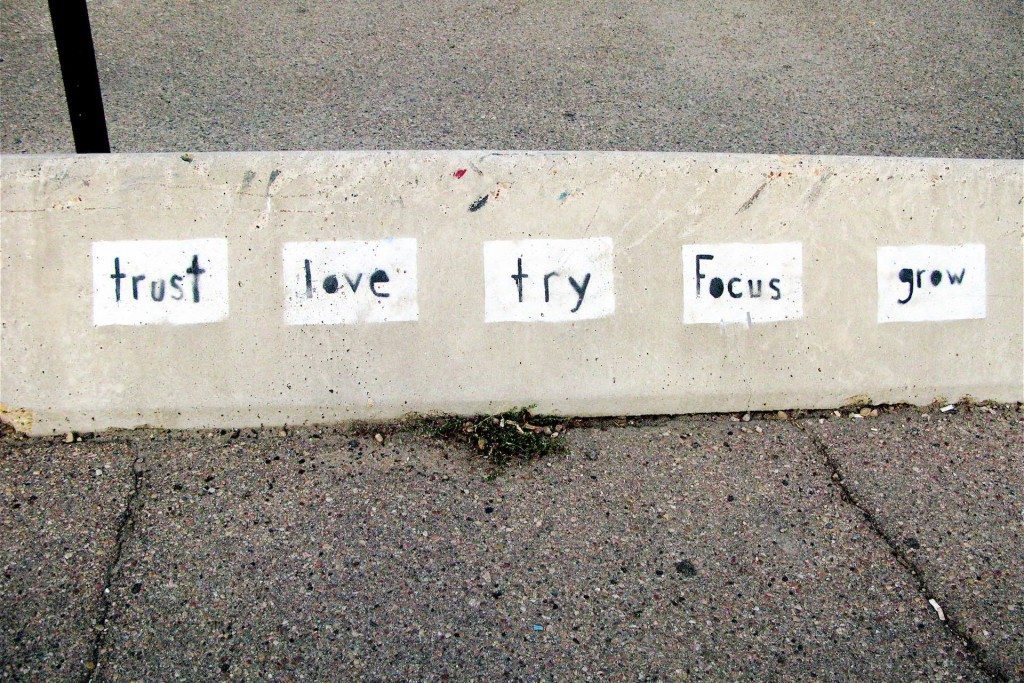I have a friend who writes.
Though we get together often and talk about our writing, we haven’t exchanged pieces of writing for feedback until recently.
Last time we got together for coffee, the friend handed me her novel manuscript, and I handed her a short story (because my novel isn’t complete). Although I haven’t yet finished reading her manuscript due to time constraints, I’m working my way through it slowly and thoughtfully.
The next time someone hands you a piece of writing for feedback, here are some of the keys that contribute to providing a friend or writing group member with a constructive critique of their writing:
1. Read thoroughly.
There’s probably nothing worse than giving someone your writing and having them provide you with comments that show they really only skimmed your work. Things like, “I liked it. It was good. You’ve obviously worked hard on this,” don’t really mean anything to a writer.
Or, if the reader makes comments or suggestions for improvement that show they really didn’t understand the story, that will also be frustrating to the writer. (Not understanding a part of the story is perfectly fine if you’re reading thoroughly. Just let the writer know where and why you were confused).
If you don’t have time to critique someone’s work, or if you’d just rather not, let them know you don’t think you have time to right now to do it justice. If you do accept, read thoroughly so you can be sure to give helpful, relevant feedback.
2. Take notes as you go.
Don’t rely on your memory to hold onto all those comments until you finish reading. Instead, take notes as you go.
Ask the writer whether they want you to take notes directly on the manuscript, or on a separate piece of paper. I’m taking notes by hand for this particular manuscript, but I’ll type them up at the end to make them easier to read. Doing this shows that you really did give thoughtful attention to the whole book.
3. Praise, but don’t sugarcoat.
After handing me her novel, my writer friend warned, “Don’t be TOO nice!” That’s actually great advice.
There’s not much benefit for a writer in having her work unconditionally praised. Yes, every writer wants their work to be enjoyed, but they also know there’s always room for improvement. But, do offer praise for the things you liked, the ideas you thought were well-realized, and the parts that engaged you emotionally.
4. Be constructive, not harsh.
Tearing apart a writer’s manuscript will not make them thankful for your critique. It’s more likely to make them shelve the book indefinitely, or take to their room for a month.
The objective of constructive criticism is to be constructive, which means any feedback you offer should be actionable. That doesn’t mean you should gloss over problems, but do point them out in ways the author can understand and fix, like “I was confused here because… or “I didn’t think this character’s actions were in line with her motivations because…” or “This sentence was a bit long and convoluted. Is there a way to simplify it?”
5. Put aside your personal preferences.
You might not read and write within the same genre as your critique partner. In that case, don’t ask yourself, “Do I like this?” Instead, ask yourself, “Is this writer accomplishing what she’s set out to accomplish?”
I might not read science fiction or westerns, but that doesn’t mean that those genres are any less loved by readers than the genres I prefer. As much as possible, I have to put myself in the position of the book’s target audience so I can properly assess the writing.
Cruel to Be Kind?
The purpose of critiquing someone’s work is to point out the flaws in order to show them where they can improve. But it’s also about encouraging and supporting others in their pursuit of writing.
When critiquing, you don’t have to be cruel to be kind—be constructive to be kind.
- Do you regularly critique other writers’ work?
- How do you aim to be constructive and honest while still encouraging and supporting?
- What other ‘keys’ to constructive critiquing can you add to this list?
